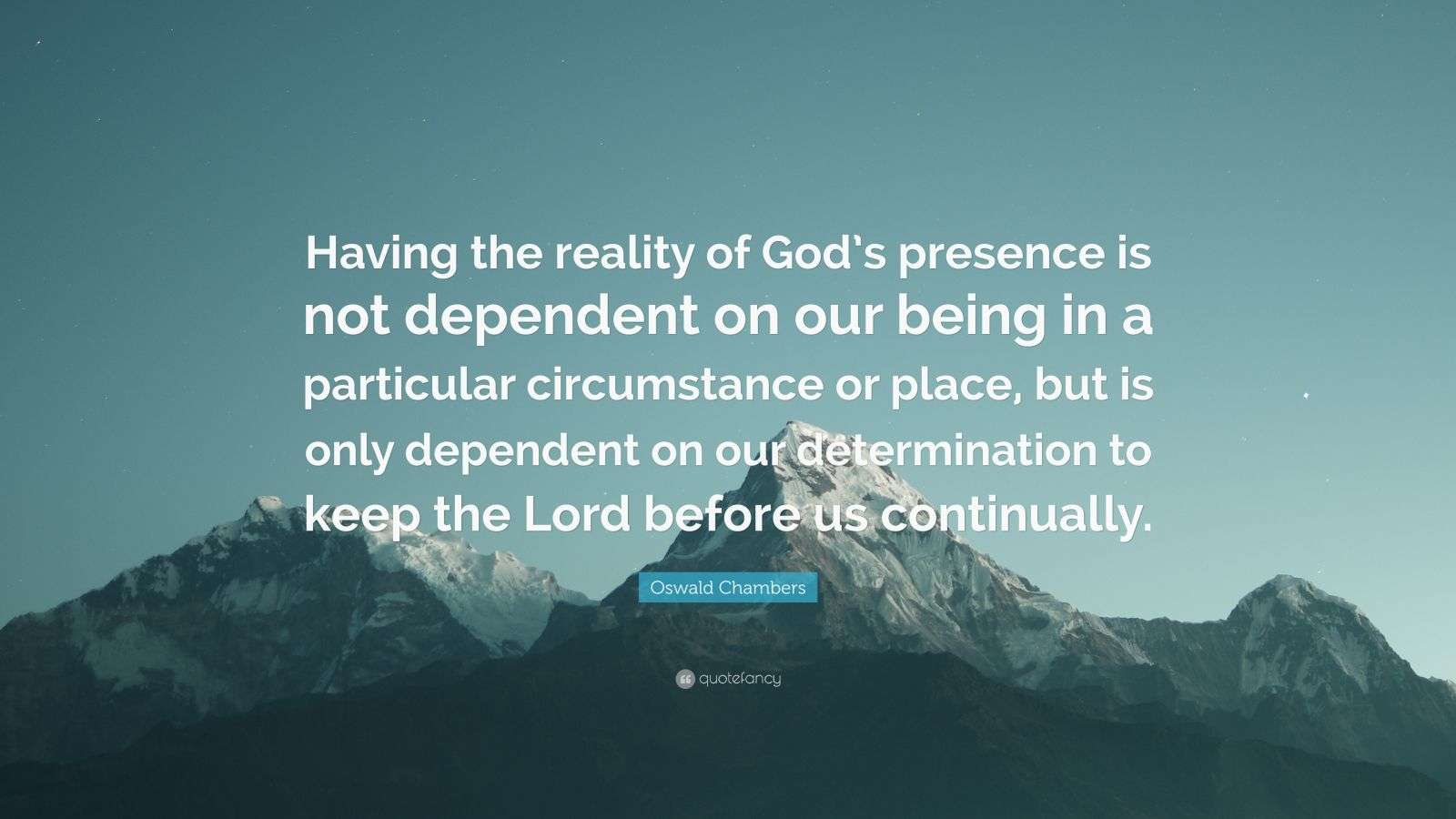

You can come back to your partner improvement plan another time, but if you want to practice being present you’ll need to put it aside for now.īeing present has zero to do with changing, fixing, or problem solving. This agenda for our partner is incompatible with being truly present. Most of us have an idea of how our partner could be improved – how they could be better, more happy, or more effective if only they would change this or that habit or way of being. If we want to learn to be more present in our relationship we must put aside our agenda for our partner. This feeling runs deep for many, and it can become a deal-maker or deal-breaker in a relationship. This kind of presence is also closely associated with the feeling of intimacy (I explain this more fully in my book The Re-Connection Handbook for Couples).
This kind of presence is simple, but also sophisticated. When we are present with our partner we give them our attention and we allow them to be as they are. Presence also implies a certain kind of non-judgemental attitude, a capacity to listen and to hear. Presence in this sense is first about paying attention and not being distracted. They feel invisible, alone, and disconnected. When a person complains that their partner is not “present” they usually mean that they do not feel seen, known, and engaged.

A spirit of curiosity? A spirit of problem-solving or solutions? A spirit of exhaustion? Limited attention? A spirit of acceptance? A spirit of denial? A spirit of confidence? Vulnerability? Receptivity? A spirit of skepticism? What is your typical bearing, carriage, or air? The possible answers are infinite, but probably you habitually show up in a narrow and predictable way just like most of us. In what sort of spirit do you typically present yourself to your partner? It’s a good question. The kind of presence desired in a relationship may be more felt than seen it is the spirit in which you present yourself. But what are these qualities? What sort of bearing or carriage are we talking about?Ī third definition of presence deepens the mystery, but also reveals a clue, “a person or thing that exists or is present in a place but is not seen something (such as a spirit) felt or believed to be present.” Ah! The kind of presence that many hunger for in a relationship (maybe you, maybe your partner) is actually invisible! In a sense this is true. The kind of presence we talk about in relationship is about the particular quality of your presence… how you show up… how you are experienced by your partner.Ī second definition of presence sheds more light, “the bearing, carriage, or air of a person.” Here we begin to see how the mere fact of existing is necessarily coloured by particular qualities. Clearly you exist, but existing or occurring is not always enough to be felt as present. The primary definition of presence in the dictionary is pretty straightforward – “the state or fact of existing, occurring” – but not very helpful. Or maybe you just don’t enjoy emotional closeness as much as your partner does, which is fair, and is probably a good thing to explicitly tell them. You might even feel cut off from your own emotions. You might not be used to engaging with someone on an emotional level (many people are raised in non-emotional or overly-emotional households and do not learn emotional skills). You might find their emotions confusing, overwhelming, or even boring. When your partner complains that you are not present in your relationship they usually mean you are distracted – in your head, on your phone, checked out, too tired etc – but underneath it probably also means that you are unable to meet them emotionally. Here’s the short answer, then we’ll dig deeper into the question: I’ll have someone tell me in session, “My partner says I’m not present in our relationship… I have no idea what they mean.” This feeling of lack, so acutely felt by one person, can be a complete mystery to their partner. What does presence mean in a relationship, and why does it matter so much? I will sometimes hear a client lament that their partner does not feel “present” in the relationship. You can be a great provider or parent and everything else, but if you are not able or willing to be present to your partner you are likely to find yourself in relationship trouble. A few years ago I wrote an article titled “Why women leave men they love – What every man needs to know.” At the heart of this little article is one big idea… Presence matters.


 0 kommentar(er)
0 kommentar(er)
